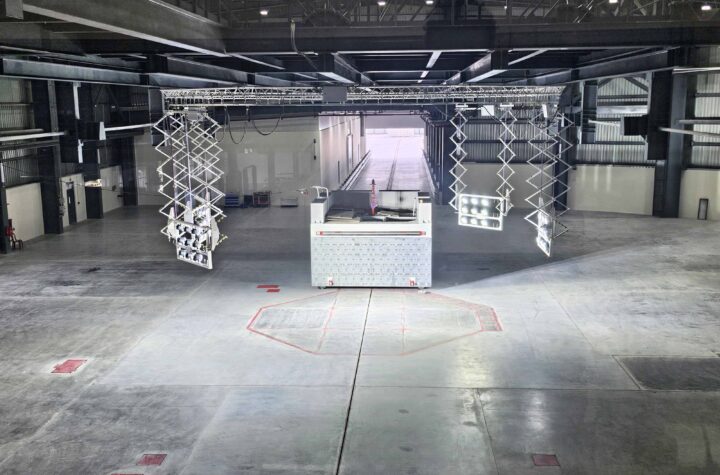
While it’s long been known that airborne particulates, some as small as 1/30th the thickness of a human hair, can contribute to heart and lung disease, a recently published medical study from the University of Washington — based on data collected for the Women’s Health Initiative — has indicated that women, especially post-menopausal women, appear to be at higher risk for air pollution-induced heart problems.
Now consider that when driving in traffic, the air coming into a vehicle’s cabin can contain up to six times the concentration of pollutants compared to the ambient air around the vehicle. With those facts in mind, it’s no surprise that many vehicles are equipped with a cabin air filter to prevent these contaminants from entering the vehicle … or that an increasing number of consumers are turning to micronAir(R) cabin air filters to help protect their health.
micronAir cabin air filters — a product line of Freudenberg Nonwovens’ Filtration Division — help to protect the health of vehicle occupants by removing harmful particles from the air that enters the passenger cabin. These particles — which include pollen, spores, exhaust fumes, bacteria, road dust, soot, industrial dust and smog –are associated with a variety of health issues, including cardiovascular disease, asthma, allergies and bronchitis.
“By preventing contaminants from entering a vehicle’s cabin, a micronAir cabin air filter helps to maintain the health of passengers, especially women and people with allergies, asthma and other upper-respiratory ailments,” said Barry F. Kellar, vice president and general manager, Freudenberg Nonwovens Filtration Division. “With people spending an increasing amount of time in their vehicles, the presence of a functional cabin air filter becomes even more important.”
According to Kellar, many Americans don’t even know that their vehicles are equipped for cabin air filters or that the filters need to be replaced at least once a year or every 10,000 miles in order to function properly.
The micronAir cabin air filter line includes particle filters — which are engineered to trap dust, pollens, bacteria and soot particles as small as .5 microns — and combi-filters — which add a layer of activated carbon to capture harmful smog, exhaust gases and unpleasant fumes whose particles are as small as .01 microns (1/5000th the width of a human hair).
In North America, the micronAir cabin air filter organization offers replacement cabin air filters for more than 135 different models of cars and trucks in North America. To see if there’s a micronAir cabin air filter for your vehicle, check your vehicle’s owner’s manual, or visit the micronAir website at www.micronair.us.
Filter replacement doesn’t necessarily have to be done at your vehicle dealership, auto service center or quick-oil change shop. Do-it-yourselfers can usually replace the cabin air filter in five to 10 minutes, using installation instructions found on the filter packaging or on micronAir’s website.
As the world’s leading brand, micronAir cabin air filters are fitted as original equipment on two-thirds of the vehicles manufactured worldwide that have cabin air filtration systems. micronAir cabin air filters are the only automotive cabin air filters to be GREENGUARD Indoor Air Quality Certified(R) — by the GREENGUARD Environmental Institute, an industry-independent, non- profit organization that conducts third-party certification of products for indoor air quality.
Freudenberg Nonwovens is a pioneer in the development and implementation of filtration systems for global automotive, industrial and commercial HVAC applications. The company’s North American Filtration Division headquarters in Hopkinsville, KY. contains a state-of-the-art research and development center and a highly automated manufacturing plant.
A division of the global Freudenberg Group — based in Weinheim, Germany – – Freudenberg Nonwovens is the world’s leading nonwovens manufacturer with 17 production facilities in 12 countries.









More Stories
How Modern Power Management Enhances Connected Fleet Tech
Automotive Industries (AI) Newsletter April 2025
Will Cars Function Like Smartwatches in the Future?